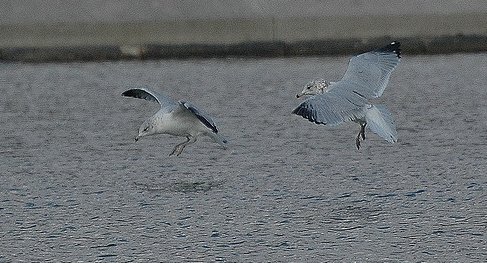 In advance of the London Summit on Family Planning, the International Planned Parenthood Federation (IPPF), convened a special “Young People and Family Planning Summit” to focus on a critical factor in the debate: young people.
In advance of the London Summit on Family Planning, the International Planned Parenthood Federation (IPPF), convened a special “Young People and Family Planning Summit” to focus on a critical factor in the debate: young people.
The IPPF event brought together key opinion formers and activists working in young people’s sexual health . Special guests were the Parliamentary Under-Secretary of State for International Development Stephen O’Brien (from DFID), and Joe Cerrell (European Director of the Gates Foundation).
IPPF Director General Tewodros Melesse and the Federation’s Senior Youth Adviser Doortje Braeken were joined by three young people from Bangladesh, Nigeria and Zambia who have direct personal experience of working peer-to-peer, in the field.
Their animated debate laid bare the complexity of the issues that will have to be addressed if the London Summit on July 11 is to translate its principles and pledges into practice.
Family planning is more than just providing contraceptives - it’s also about creating the kind of environment where women feel their rights are respected. One of the young representatives, Mafusa from Bangladesh, raised this important issue with regard to ‘Eve –teasing’ - which many of us will recognise as sexual harassment.
A worrying number of girls and women in Bangladesh have recently committed suicide in the country to escape "Eve-teasing", a euphemism for sexual harassment. It sounds like a ‘romantic overture’ but it can range from obscenities and gestures to grabbing and physical sexual assault.
Those who are teased become afraid to go to school and sometimes guardians do not allow them to go to school for their safety and honour. So the drop-out rate of female students in many schools is increasing.
In some places, schools have been shut down and exams delayed because of the problems caused by Eve- teasing stalkers.
Another negative manifestation of the problem is the tendency of parents to push underage daughters into early marriages so that they can escape Eve teasing. Parents think that if their daughter has a husband, they will be safe.
 Critics argue that laws which should prohibit sexual harassment are so poorly drafted that victims get virtually no help from the law enforcement agencies. Victims can feel there is no-one they can turn to, as Mafusa explains:
Critics argue that laws which should prohibit sexual harassment are so poorly drafted that victims get virtually no help from the law enforcement agencies. Victims can feel there is no-one they can turn to, as Mafusa explains:
“My neighbour, a 17 old college student, was being Eve-teased by a boy on her way to college.
The boy and his friends blocked her way and made suggestive remarks. She became angry and protested.
But the stalker was the son of a local community leader, a powerful man.
The teasing became intolerable, she told her mother. Her mother punished her, saying that she must have encouraged it.
The harassment continued. Her father took it up with the teaser’s father, the community leader. He claimed his son was beyond reproach, polite and respectful. “It’s your daughter who’s a liar,” he said.
When he heard she had reported him, the boy became more aggressive, even his friends joined in. Once again the girl told her mother, this time she was slapped and reprimanded.
Then the teaser went too far, he boasted that the girl was his lover. Although it was a lie, she felt blamed and stigmatised.
The next morning she didn’t appear for breakfast. When her parents broke down the bedroom door, she was found hanged from the ceiling fan.”
Mafusa has been working with IPPF’s Member Association (FPAB) to tackle the issue. They invite boys - including known ‘teasers’ - to sports, computer games and talent competitions at the Tara Mela (FPAB’s youth centre) and use the opportunity to open a discussion about Eve-teasing.
The Tara Mela provides a safe environment where girls and boys can come together and socialize in positive ways. They also arrange sessions with guardians, parents, teachers and villagers to make them aware of the issue. The idea is that through activities and information sessions they – boys, parents, elders - will all become agents of change. Change is urgently needed. And a name change. “Eve-teasing needs to be called what it is – bullying,” says Mafusa.
A report of the meeting will appear on the day of the London Summit on Family Planning.
** This blog was written by Fiona Salter, a London-based writer at the IPPF, the world’s largest sexual and reproductive health and rights NGO 88
